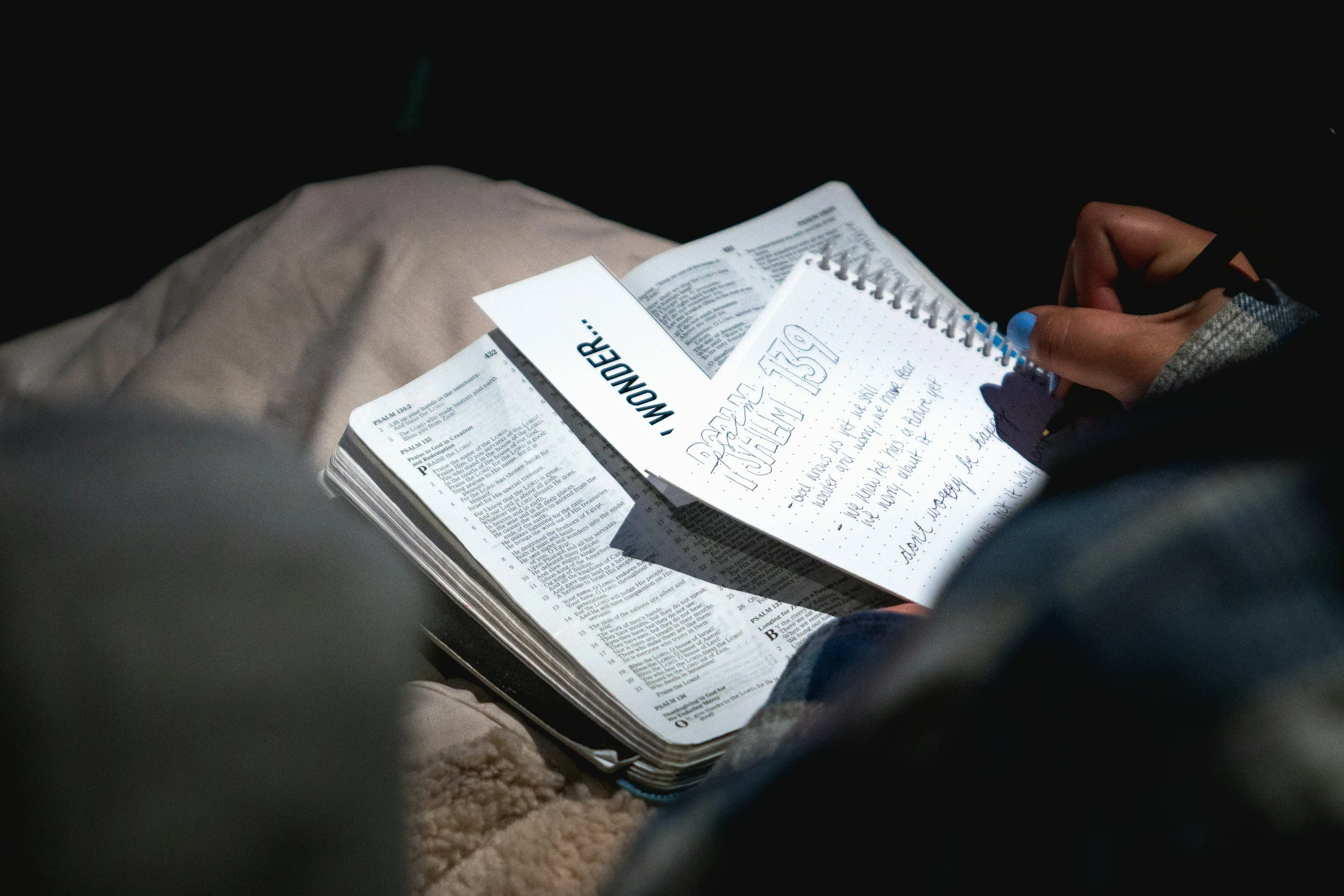
Felix Arnott Lecture
History
The idea for an Annual lecture at St. Francis Theological College, “perhaps called the Arnott Memorial Lecture”[1] was first proposed by the Principal of St. Francis Theological College (Rev’d Canon W.J.M. Warner) in early 1982.
Felix Arnott had recently retired as Archbishop, but he was known to have a great interest in education and theological studies. He had been the Vice-Principal of Bishop's Theological College (Cheshunt), the Warden of St. John's College, University of Queensland, and the Warden for St. Paul's College (University of Sydney). While there, Arnott devoted study to seventeenth-century church history and, in 1955, was awarded a Th.D. by the Australian College of Theology, Sydney. During this time he lectured widely and even appeared on a national radio programme on a regular basis. He also founded the Blake Prize for Religious Art during this time. In 1963 he was appointed as the Co-adjutor Bishop of Melbourne with a focus on theological education. During his time as Archbishop, he also conducted lectures for students at St. Francis Theological College and made a lasting contribution to the life of the College.
The College Council expressed its concurrence with the proposal at its meeting of the 26th February 1982. The first lecture was held on the 10th August 1982 by Dr. Morgan.
[1] Principal’s Report to College Council, 26th February 1982
Archbishop Arnott outside St. John’s Cathedral
Archbishop Felix Arnott
Lectures
Biography
Felix Raymond Arnott was born in Ipswich, England, in 1911, to a respectable middle class family. His intellect was formidable from the start, so much so that he was able to win a scholarship to study at Keble College Oxford. He stayed and was educated in the priesthood at Cuddesdon Theological College (Oxford), where William Wand was one of his tutors.
As Archbishop, Arnott was seen to be of a towering intellect, but humble in his disposition. He was passionate about Anglicanism and Roman Catholicism bridging divides and became a founding member of the Anglican Roman Catholic International Commission, (ARCIC) and was a member of the three-person panel appointed by Prime Minister Gough Whitlam to the Royal Commission on Human Relationships. Reporting in 1977, Arnott saw the improvement in human relations as a legitimate Christian concern - the legacy from the report was to foster and improve social attitudes, especially in regard to gender equality and the voice of minority groups (particularly the disabled and indigenous Australians). Indeed, Arnott's theology was liberal, and unashamedly so, which did draw some criticism from sections of the Church as well as secular sources. This could be seen when, at the 1978 Diocesan Synod, he criticised the loss of civil liberties that was taking place in Queensland, leading to a time of tension with the Queensland Premier Sir Joe Bjelke-Petersen.
Arnott retired in July 1980 and, after a period overseas as an Anglican Chaplain in Venice, and some time in England, he and his wife returned to Australia in 1987 to be closer to his family. He passed away on the 28th July 1988 at St. Martin's Home, Taigum. His will stipulated that a luncheon for his friends, with carefully selected wines, was to be held at the Brisbane Club following his funeral.
Felix Arnott is remembered in many ways – a Boarding House at Toowoomba Anglican School was named in his honour, as was the Researcher Reading Room in the Records and Archives Centre (Church House) and a Building at the Anglican Church Grammar School, East Brisbane.


